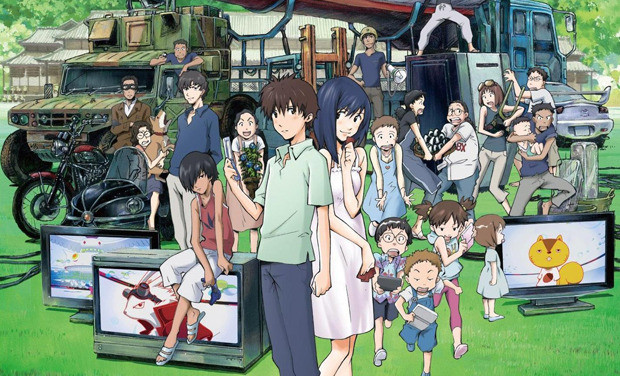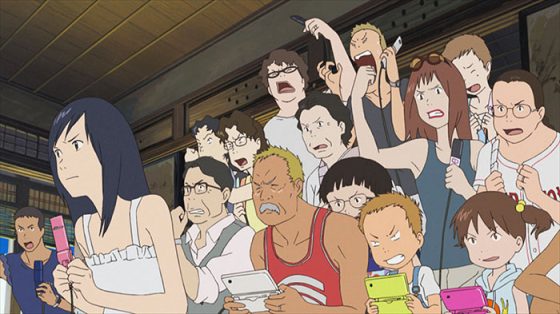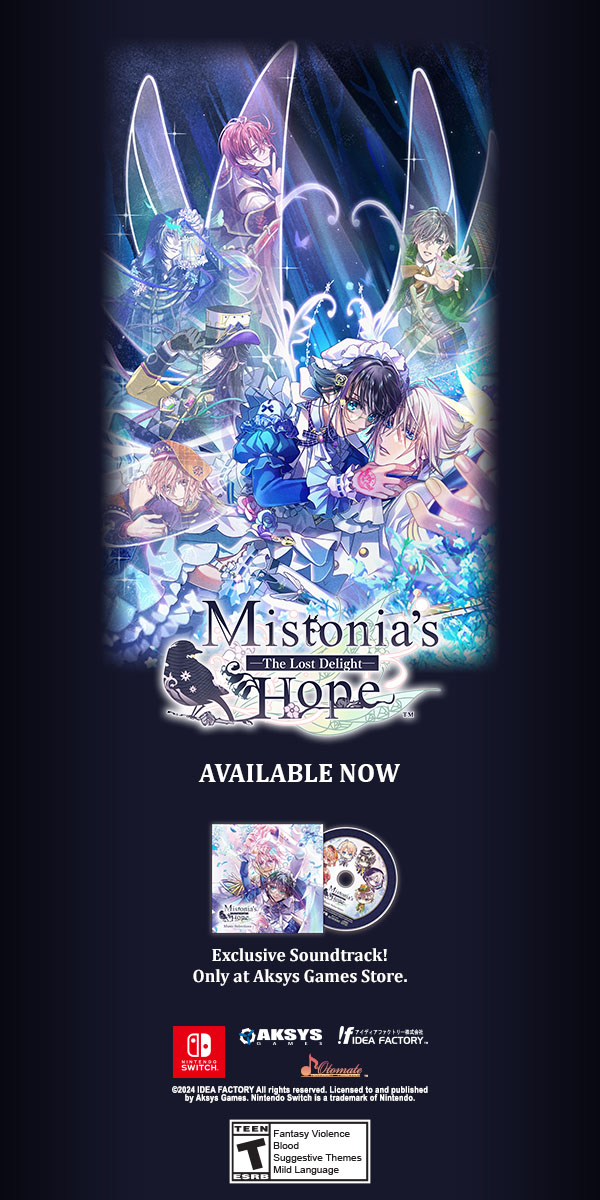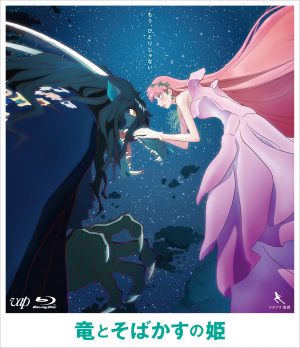
In the film Summer Wars, the story takes place in two worlds: OZ, an internet-based, virtual world with conveniences such as instant translation of any language and online shopping, and a surprisingly similar Earth.
Using this setup, Summer Wars begins with a heavy contrast to highlight the importance of family. By building a world through contrasts, showing disconnect from family and OZ, and lastly unifying the world, Summer Wars proves its core message: despite our differences, in the end, we’re all family.
Setting as the Setup: Building a World Through the Environment
In the beginning, the film explains OZ’s all-encompassing nature. People can spend money, create unique avatars, spend their entire vacation in virtual resorts, speak to other members—of which there are currently 4 million users—and so forth. The film wants to awe its viewers with this virtual reality.
Thus, when the film returns to real life, it comes as a shock. OZ exists on an Earth that mirrors our own. People still use flip phones, kids still ride bikes, flatscreen TV’s still exist, and even a Nintendo DS copycat is there. Despite OZ’s existence, Earth is very much the same.
This contrast sets up a noticeable gap, one that allows viewers to examine the qualities of family and togetherness.
Disconnected at First: Reaffirming Relationships through Disaster
One of OZ’s main features is global interaction. However, that strength quickly becomes a weakness when Love Machine, an A.I. developed for the U.S. military, is sent into OZ as a test. It quickly turns the world on its head, and the convenience of the virtual world becomes a burden.
Love Machine hacks OZ, taking control of multiple users. With their accounts, it learns sensitive information, gaining access to gas pipes, water pressure, GPS details, and even satellite coordinates. Now with the world’s technology under Love Machine’s control, what once brought people together is pushing them apart.
With the virtual world is cut off, the characters must go back to their “roots.” The film now builds upon its earlier idea. OZ is a technological advancement, but its features don’t disappear—they were always there in the real world. OZ is merely an extension of what existed.
This is why, despite Love Machine’s control, it cannot destroy bonds. In fact, aptly fitting its name, Love Machine makes them stronger. What unites the characters is the disaster. Initially, the entire (extended) family is there to celebrate their grandma’s birthday.
However, certain characters don’t feel part of the family. Kazuma, a young boy who controls the famous avatar “King Kazma,” often isolates himself. Wabisuke, the creator of Love Machine and the uncle who was adopted into the family, receives a cold reception. The protagonist, Kenji, isn’t even related to this family. He was brought there to pretend to be Natsuki’s “boyfriend,” and struggles to meet that ideal.
It is only until the grandmother dies that the family remembers how much they care. However, the global crisis grows more dangerous. Now, the family must rely on each other to get through a loved one’s death and the crisis ahead.
United at Last: Our Family is Everyone
In the grand finale, the film makes its message clear: family is more than blood. With this message, Kazuma, Kenji, and Wabisuke are reinvigorated, each taking a role in the coming battle.
Natsuki also steps in for her grandmother, accepting her place in uniting the family. In the final stages of the film. Each character fights Love Machine in their own way. Kazuma with his avatar, Kenji with math, Wabisuke with programming, and Natsuki with Hanafuda, a card game she learned from her grandmother.
In Natsuki’s fight, the entire world comes together. OZ users across the globe donate their avatars so Natsuki can bet them against Love Machine. Whereas before, messages from OZ were chaotic and individualistic, now, with a resounding cry, every OZ user says the same thing: “Please save the world.”
Clear as the words on the screen, Summer Wars wants to bring everyone together. United together, the world is each other’s family.
Final Thoughts

Summer Wars has a clean and logical progression. The script and setting advances the story where each plot detail develops the message about family. While a simple story, Summer Wars has such precise writing that I can’t help but admire Satoko Okudera’s masterful writing.
Recommended Post



